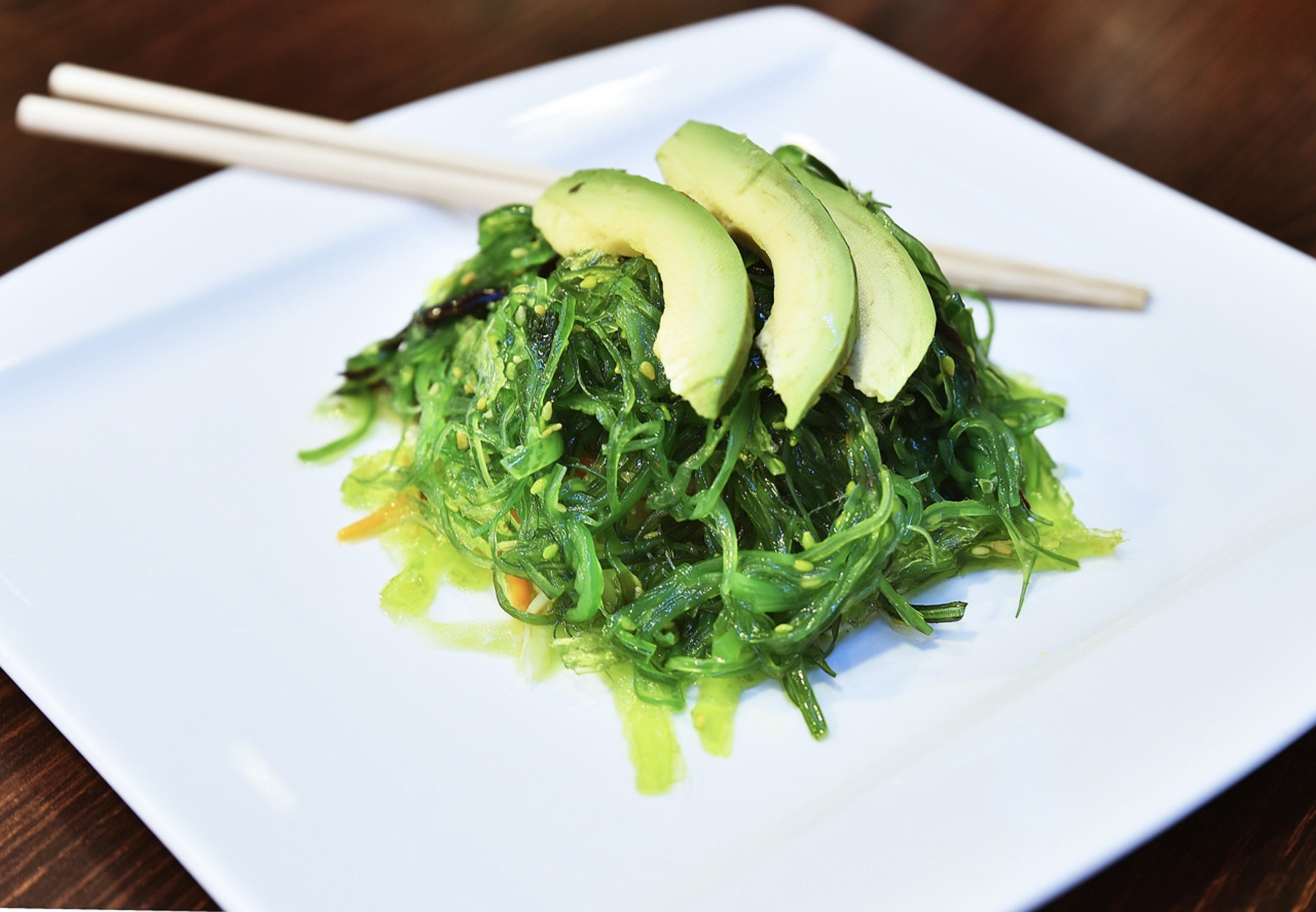
Seaweeds, also known as marine algae, are a fascinating group of organisms that inhabit the world’s oceans. Rich in essential nutrients and boasting a plethora of benefits, seaweeds have captivated the attention of scientists, nutritionists, chefs, and environmentalists alike. In this article, we delve into the multifaceted world of seaweeds, exploring their nutritional value, sustainability, culinary versatility, and diverse applications.
Nutritional Value and Health Benefits:
Seaweeds are nutritional powerhouses, packed with vitamins, minerals, and trace elements essential for human health. They are particularly renowned for their high iodine content, making them a valuable dietary source for maintaining thyroid function. Additionally, seaweeds are rich in calcium, magnesium, iron, and vitamin K, among other nutrients, contributing to overall well-being.
Research suggests that incorporating seaweeds into one’s diet may offer a myriad of health benefits. Their fiber content supports digestive health, aiding in regular bowel movements and promoting gut microbiota diversity. Moreover, seaweeds contain bioactive compounds with potential antioxidant and anti-inflammatory properties, which may help combat oxidative stress and inflammation in the body.
Sustainability and Environmental Impact:
One of the most compelling aspects of seaweeds is their sustainability. Unlike land-based crops, seaweeds require no freshwater, fertilizers, or pesticides to grow, making them an environmentally friendly food source. Furthermore, seaweeds play a crucial role in marine ecosystems, providing habitat and food for various marine organisms.
Through the process of photosynthesis, seaweeds absorb carbon dioxide from the water, mitigating ocean acidification and contributing to carbon sequestration. Their cultivation can also improve water quality by absorbing excess nutrients and pollutants, thereby promoting ecosystem health.
Culinary Versatility and Delights:
Seaweeds have been a staple in various cuisines around the world for centuries. From Japanese sushi wrapped in nori to Korean kimchi flavored with kelp, seaweeds offer a unique flavor profile and culinary versatility. They can be enjoyed fresh, dried, or processed into an array of products such as nori sheets, kelp noodles, and agar-agar.
In addition to their savory applications, seaweeds are increasingly being incorporated into sweet dishes and desserts. Irish carrageen moss pudding, for example, showcases the gelling properties of carrageenan, a compound extracted from red seaweeds. Seaweed-infused beverages and snacks are also gaining popularity as consumers seek out novel and nutritious food options.
Applications Beyond the Plate:
Beyond the culinary realm, seaweeds have a wide range of industrial applications. Compounds extracted from seaweeds, such as carrageenan, alginate, and agar, are used in the production of cosmetics, pharmaceuticals, and bioplastics. These compounds possess antimicrobial, antiviral, and gelling properties, making them valuable ingredients in various products.
Furthermore, seaweeds hold promise as a sustainable biofuel source due to their high biomass production and rapid growth rates. Research is ongoing to develop efficient methods for seaweed cultivation and biofuel extraction, with the potential to reduce reliance on fossil fuels and mitigate climate change.
In conclusion, seaweeds are a treasure trove of nutritional, environmental, and culinary wonders. With their myriad benefits and versatile applications, seaweeds are poised to play a pivotal role in shaping a more sustainable and health-conscious future. Whether enjoyed as a nutritious ingredient in a savory dish or utilized for their myriad industrial applications, seaweeds continue to captivate and inspire curiosity across diverse fields of study and practice.






